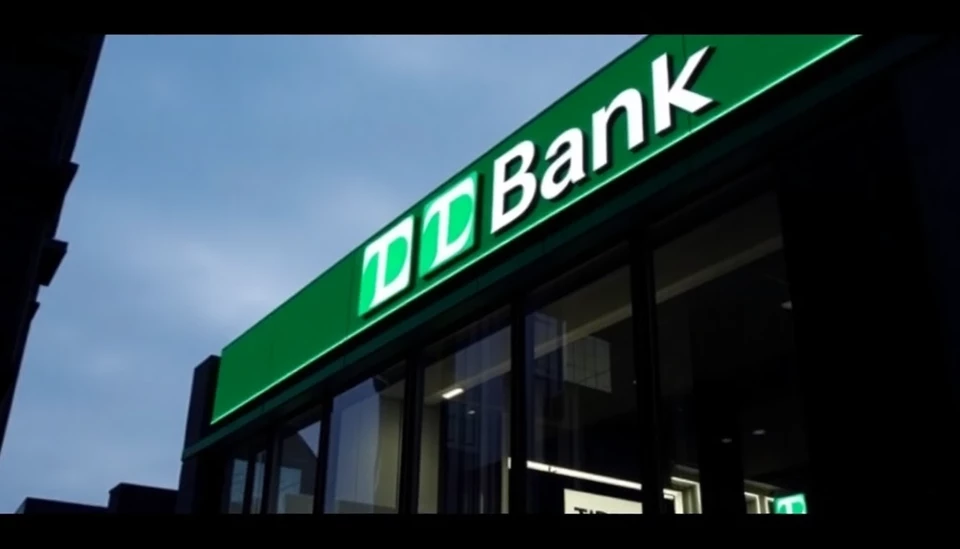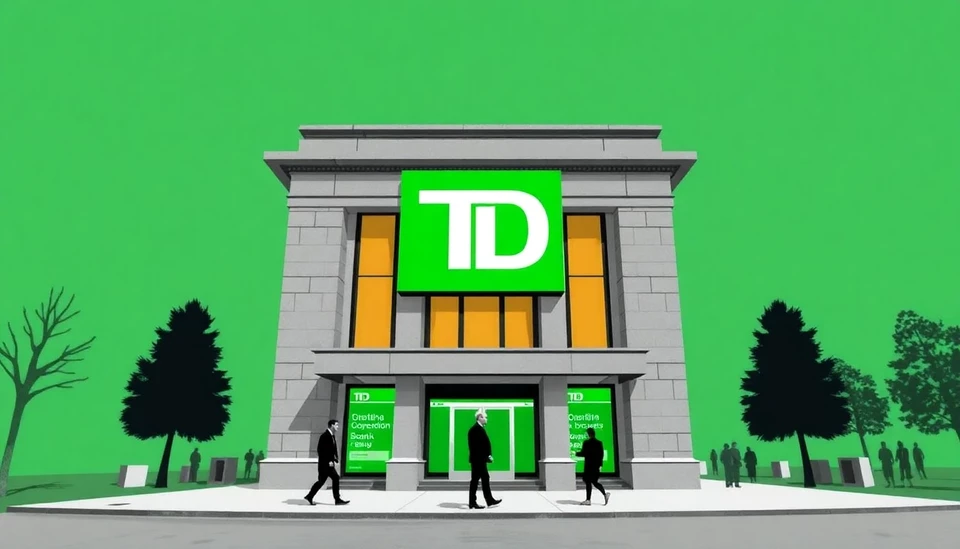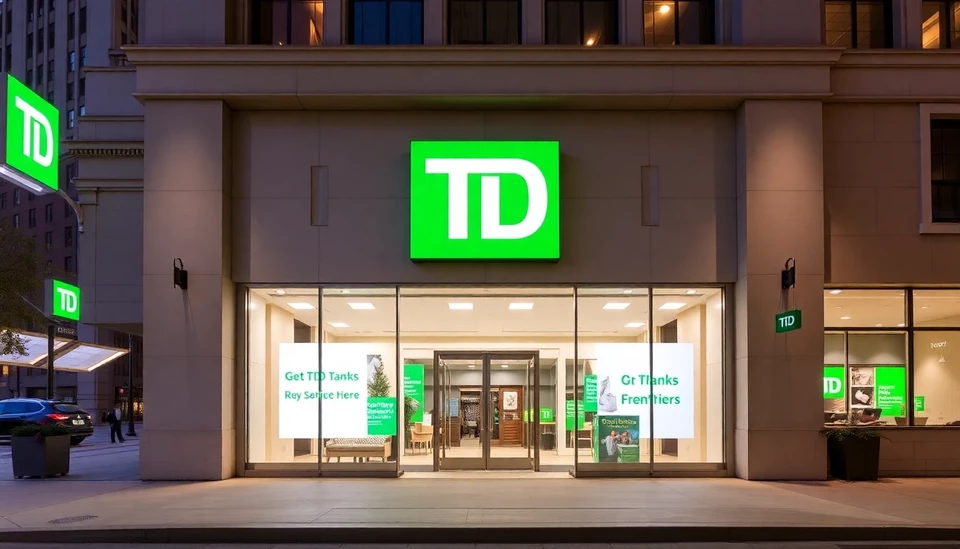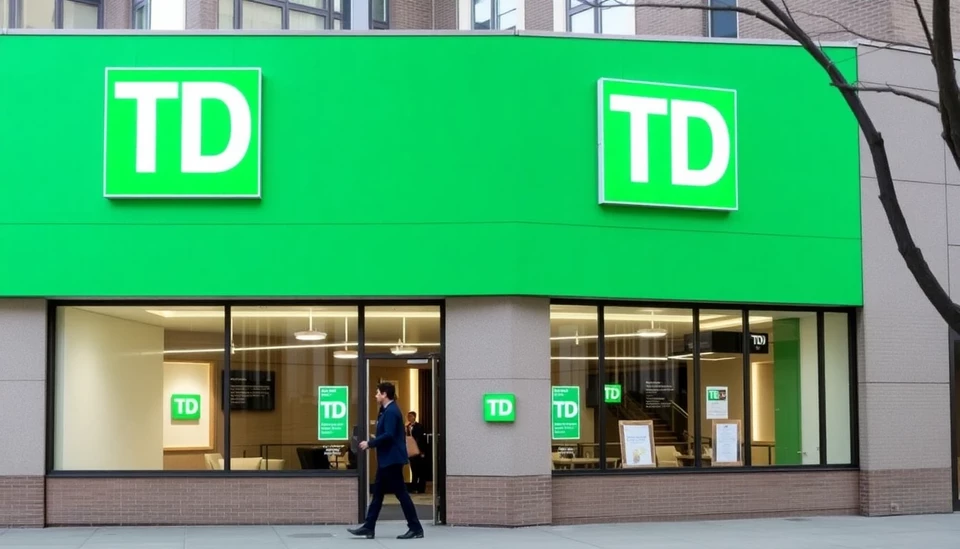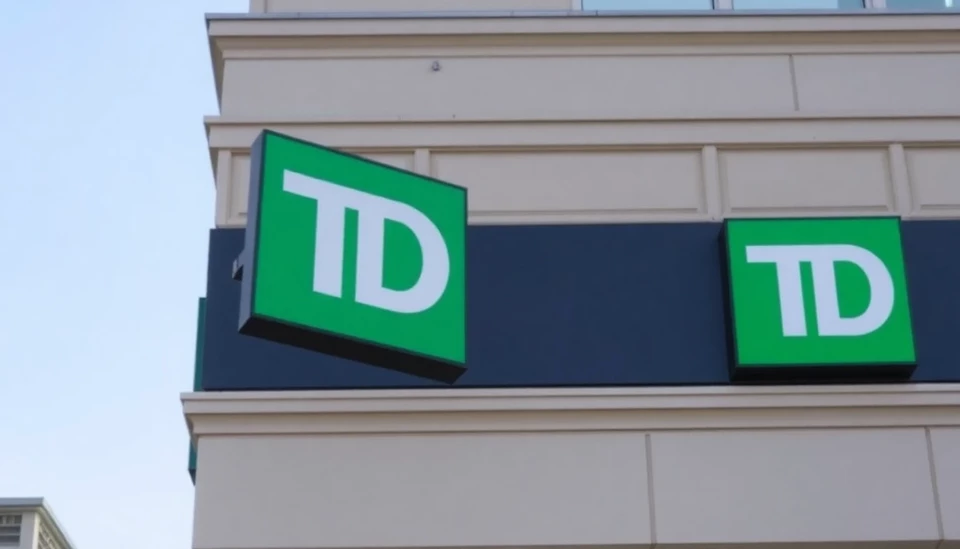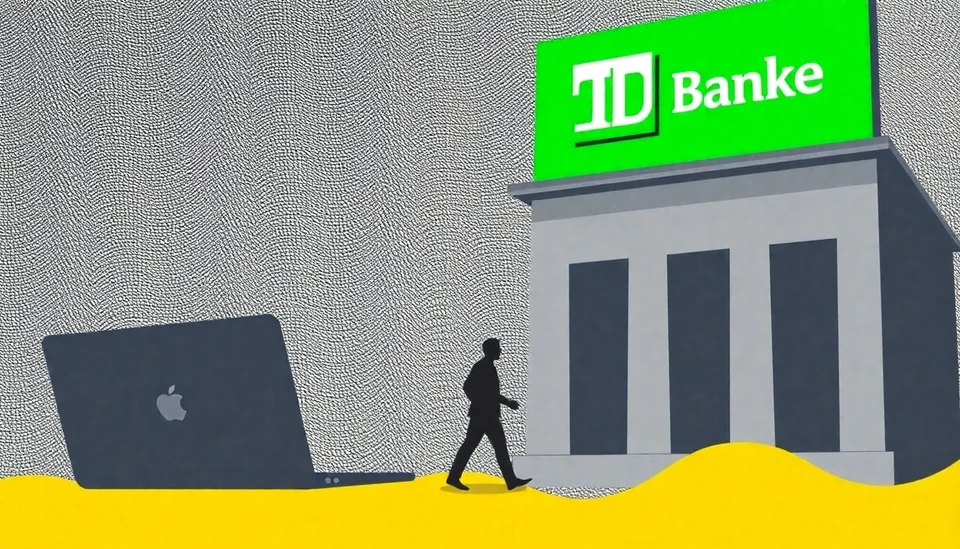
In a surprising turn of events, a former trader for TD Bank has taken a bold stand, asserting that a recent spoofing settlement adversely affects his right to a fair trial. The allegations stem from incidents involving the manipulation of market prices through misleading orders, commonly known as spoofing, and the trader argues that the actions of the bank should not overshadow his individual case.
The trader, who has opted to remain unnamed, has explicitly stated that the settlement reached by TD Bank in connection to these spoofing allegations has created an environment prejudicial to his defense. According to his claims, the settlement portrays the bank’s behavior in a manner that implies wrongdoing on the part of all employees, including him, even before a trial has been conducted. He insists that this precludes his chances of proving his innocence in a court of law.
In the settlement, TD Bank agreed to pay a substantial sum to regulators as a means of resolving allegations tied to its traders manipulating the Swiss franc market. This decision was made to mitigate potential longer-term reputational damage and to restore confidence among stakeholders. However, the unnamed trader argues that this resolution wrongfully implicates him and his co-workers as participants in illicit practices, which he vehemently denies.
The plight of this former trader highlights a growing concern among financial professionals regarding the implications of corporate settlements on individual accountability. Experts point out that the trend of settling cases without public trials can leave employees vulnerable to assumptions of guilt, effectively stripping them of the chance to clear their names within the judiciary system.
Furthermore, the trader believes that the legal framework governing financial misconduct cases may require reevaluation, especially considering how they can impact the reputations and careers of employees who were not directly involved in the alleged wrongdoing. This situation raises questions about the principle of collective responsibility versus individual accountability, particularly in financial institutions where complex transactions occur daily.
As this case gains traction, it will be interesting to see how the judiciary addresses the concerns surrounding the intersection of corporate settlements and individual rights. The ongoing saga emphasizes the need for clarity and fairness in legal processes to ensure that all parties can seek justice without prejudice based on the actions of their employers.
The trader is poised to take his fight into the courts, seeking to separate himself from the implications of the bank’s settlement. He hopes to highlight that while corporations may have their reasons for settling, individual traders should still have the right to defend themselves against allegations of wrongdoing and maintain their reputations untarnished.
As developments continue to unfold, the financial community is watching closely to see how this case will influence future regulations and the treatment of individual traders in the realms of corporate misconduct and accountability.
For now, the embattled trader remains undeterred, determined to push back against what he perceives as an unjust correlation between his actions and those of TD Bank. His battle could set a significant precedent not only for himself but also for many others in the financial sector who may find themselves in similar situations.
#TDBank #Spoofing #FairTrial #Finance #LegalIssues #TraderRights #MarketManipulation #FinancialRegulations #CorporateSettlements #Justice
Author: Samuel Brooks
